Read Further & Help Your Dog
Find a huge range of articles below, rich in information and suggestions, that can help you get your dog back on the road again
Find a huge range of articles below, rich in information and suggestions, that can help you get your dog back on the road again
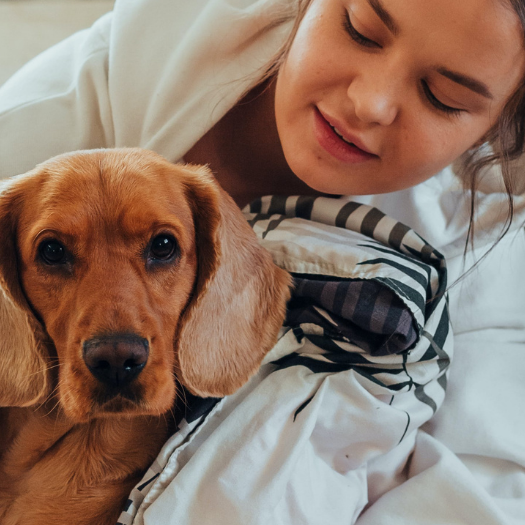
If you are taking the surgery route to help your dog with their shoulder, the recovery period can vary depening on the type of shoulder surgery your dog has. Ask your vet what they recommend the recovery time will be....
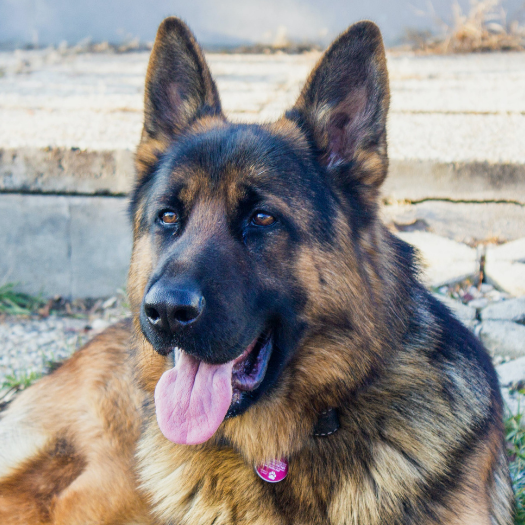
Talk to your vet about the options they would recommend with your dog and if they need surgery. We would not go against a vet’s advice however many dog owners who try a non-surgical route for mild to moderate causes...
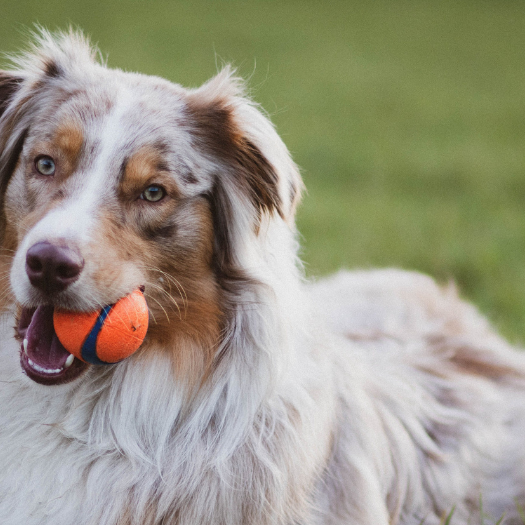
Depending on the severity and cause of your dog’s shoulder injury, symptoms may manifest suddenly or slowly over time. The symptoms of a shoulder dislocation in my dog Limping or Lameness: Dogs may exhibit a noticeable limp or be reluctant to...
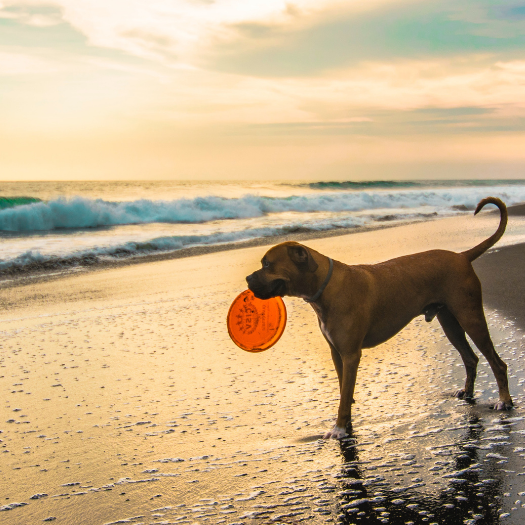
If you think your dog has dislocated their shoulder, you must go to the vet immediately. Symptoms of shoulder dislocation The symptoms to watch out for if you think your dog has hurt their shoulders are: lameness and limping. Depending on...

Injury Shoulder injuries and shoulder dislocations can be caused due to a variety of reasons. Most commonly they happen through either trauma - such as accidents, falls, or collisions, or strains and sprains, from activities such as running. Redogitive strain...
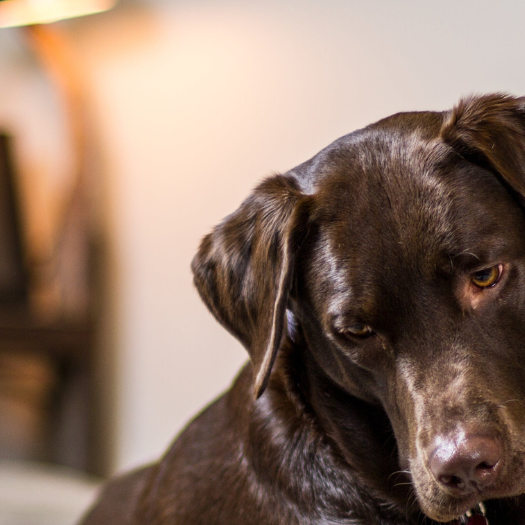
Treatment options differ depending on the type and severity of your dog’s elbow dysplasia as well as the level of pain your dog is experiencing. Treatment and management is either surgical or conservative (non-surgical). Whether your dog is recovering after...
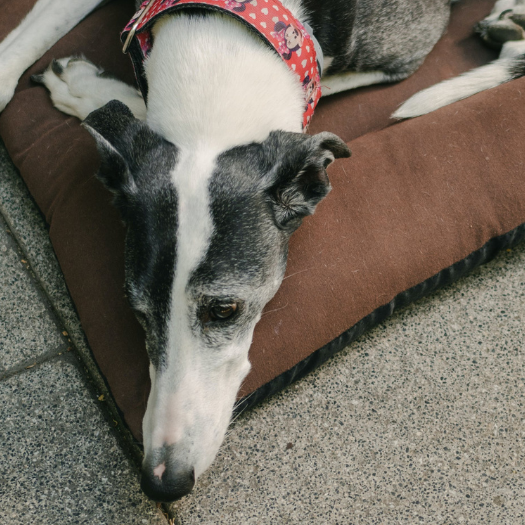
Elbow dysplasia surgery Surgical options can include an arthroscopy, biceps ulnar release, a variety of different osteotomies (surgical correction of bone deformities) or even joint replacement in severe cases. If your dog has significant elbow dysplasia, then it is likely that...
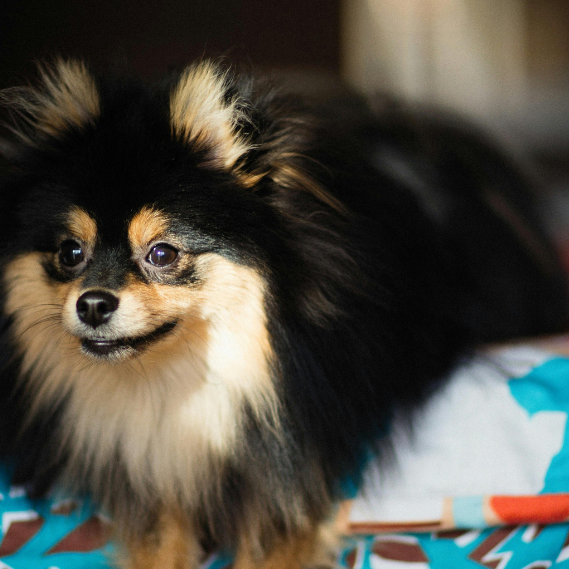
What is Black Skin Disease Your Pom or Pomeranian might have started to lose hair on their back, legs or tummy. They might also have started to show signs of black spots on perhaps a whole area of black skin...
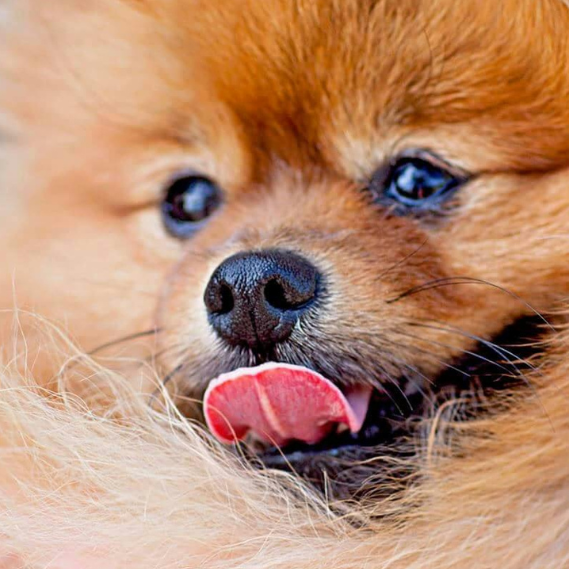
There are many successful treatments for your dog if they have black skin disease or Alopecia X. The most common treatment we see dog owners choose is Dermagic lotion. The benefit of this lotion is that it is organic. Organic...

What Causes Black Skin Disease The exact cause of Alopecia X is not fully known, but hormonal imbalances, specifically related to sex hormones and the adrenal glands, are believed to play a role. The condition is often seen in dogs...

Black Skin Disease is not a lifelong condition! You can treat your dog and they will make a full recovery. It can be hard to watch your dog lose hair and get black spots, especially if you don’t know what...

Dogs that are affected with Alopecia X will have a normal coat as puppies and will not generally start showing symptoms until they are over 2 years old; generally, they will be diagnosed with it by 3 years old but...